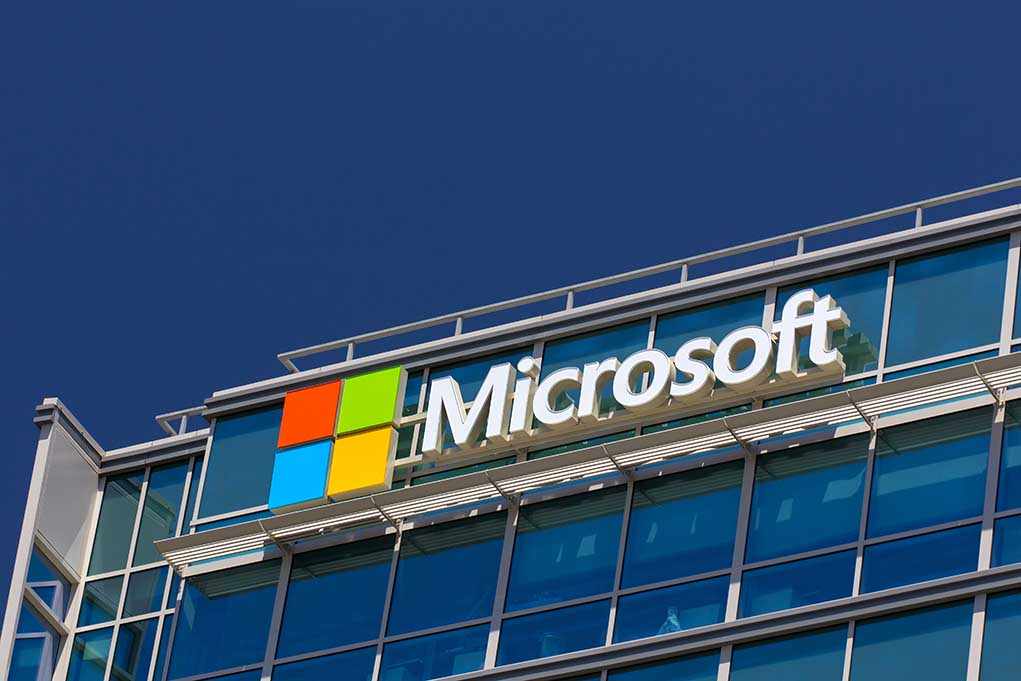
Microsoft’s latest $298 million investment in South Africa’s AI infrastructure is not just about technology; it’s about positioning the country as a formidable tech hub in the Global South.
At a Glance
- Microsoft invests $298 million to expand AI and cloud infrastructure in South Africa by 2027.
- The initiative aims to train 50,000 individuals in AI and tech skills within a year.
- South Africa is poised to become a regional tech hub, addressing digital skills gaps.
- Microsoft’s investment aligns with South Africa’s goals for economic growth and job creation.
Microsoft’s Strategic Move
Microsoft announced a staggering 5.4 billion rand investment in South Africa to expand its AI and cloud infrastructure. This initiative is not merely a business move but a strategic partnership with the South African government, aligning with their national priorities for economic transformation and digital skills development. The investment underscores South Africa’s potential to become a leader in the tech landscape of the Global South.
The investment will support the country’s ambition to close the digital skills gap, a barrier that 60% of companies in the region have cited as a significant challenge. Microsoft aims to bring technological empowerment to local communities, fostering inclusive economic growth and job creation, addressing the challenges of unemployment and economic inequality head-on.
Empowering Through Education
This investment is not just about infrastructure; it’s about people. Microsoft plans to fund technical certification exams for 50,000 individuals, focusing on critical areas like AI, cybersecurity, cloud architecture, and data science. This initiative will significantly boost the qualifications and employability of the South African workforce, offering new opportunities and pathways to success in the tech sector.
The company’s ambitious goal of equipping one million South Africans with digital and AI skills by 2026 is already underway. With programs that have trained over 150,000 individuals and certified 95,000, the impact on the workforce and economy is expected to be transformative, driving a new era of innovation and development in the region.
Impact on the South African Economy
The expansion of cloud and AI infrastructure promises not only to enhance South Africa’s technological capabilities but also to position the country as a pivotal tech hub in Africa. This status will attract further investments and partnerships, increasing the competitiveness of local businesses on a global scale. The immediate and long-term benefits include job creation, skills development, and a reduction in the digital skills gap that hampers growth.
Brad Smith, Vice Chair and President of Microsoft, emphasized the importance of empowering local communities through technology, a sentiment echoed by South African President Cyril Ramaphosa. The partnership is seen as a vital component of the country’s broader strategy to harness technology for sustainable economic growth and innovation.
Challenges and Opportunities
While the investment is a significant step forward, experts caution that infrastructure and skills development alone are not enough. Broader policy reforms and sustained efforts in education and public-private collaboration will be crucial to maximizing the impact of Microsoft’s investment. The potential for reversing brain drain trends is significant, as the demand for skilled tech professionals increases.
The collaboration between Microsoft and the South African government exemplifies the power of public-private partnerships in driving systemic change. As South Africa continues to build its reputation as a tech powerhouse, the lessons learned here could serve as a model for other regions aiming to leverage technology for economic and social advancement.




